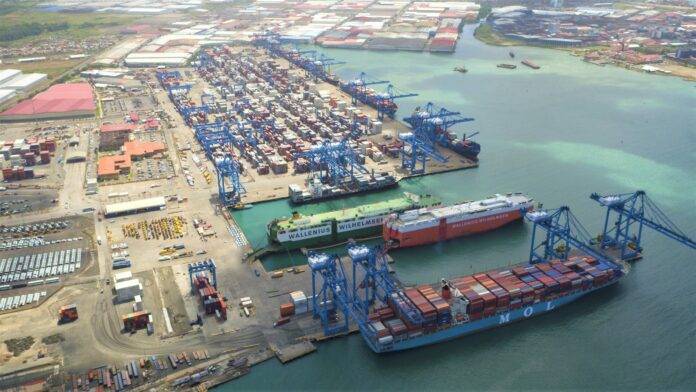President Donald Trump’s decision to impose a 25% tariff on imports from Canada and Mexico, effective February 1st, has raised concerns about the potential onset of a trade war. This move comes amidst ongoing trade tensions between the United States and its North American neighbors, signaling a shift in trade policy that could have far-reaching implications.
The implementation of tariffs on Mexican imports by the Trump administration is seen as a strategic move to protect American industries and jobs. By imposing tariffs on goods from Mexico, the administration aims to reduce the trade deficit with the country and promote domestic manufacturing. However, critics argue that such tariffs could lead to higher consumer prices and disrupt supply chains that rely on Mexican imports.
The decision to levy tariffs on Mexico is part of a broader effort by the Trump administration to renegotiate trade agreements and address perceived trade imbalances. The administration has also imposed tariffs on steel and aluminum imports from various countries, citing national security concerns. These protectionist measures have sparked concerns about the potential for a global trade war, as other countries may respond with retaliatory tariffs of their own.
The escalating trade tensions between the United States and its trading partners have raised uncertainty in the business community and could have negative consequences for the global economy. Businesses that rely on imports from Mexico may face higher costs and supply chain disruptions, while consumers could see higher prices for goods ranging from automobiles to avocados.
In response to the imposition of tariffs on Mexican imports, the Mexican government has indicated that it will consider retaliatory measures to protect its own industries. This tit-for-tat escalation of trade barriers could lead to a protracted trade dispute that harms both economies and disrupts the integrated North American supply chain.
The uncertainty surrounding the future of trade relations between the United States and Mexico has created challenges for businesses seeking to plan for the future. Companies that rely on trade with Mexico may need to reassess their supply chains and consider alternative sourcing options to mitigate the impact of tariffs. The prospect of a prolonged trade dispute between the two countries could have long-term implications for businesses operating in North America.
The Trump administration’s decision to impose tariffs on Mexican imports has sparked debate about the effectiveness of protectionist trade policies. While the administration argues that tariffs are necessary to protect American industries and jobs, critics warn that such measures could lead to a broader trade war that harms the global economy. The outcome of this trade dispute will have significant implications for businesses, consumers, and policymakers in both the United States and Mexico.
In conclusion, the imposition of tariffs on Mexican imports by the Trump administration has raised concerns about the potential onset of a trade war. The escalating trade tensions between the United States and Mexico could have far-reaching implications for businesses, consumers, and the global economy. As both countries navigate this uncertain trade landscape, it is essential for stakeholders to closely monitor developments and prepare for potential disruptions in the supply chain.




